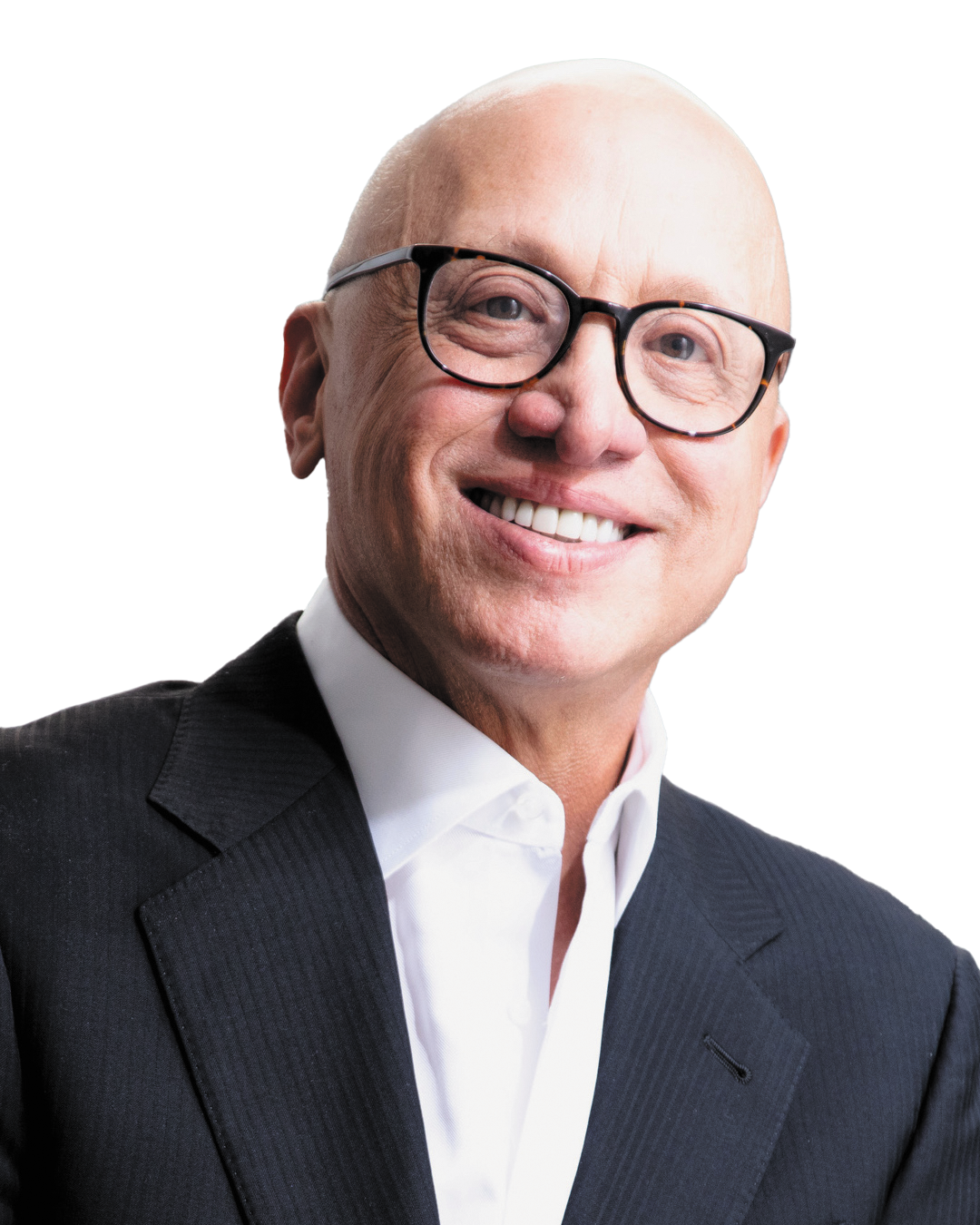- Case-Based Roundtable
- General Dermatology
- Eczema
- Chronic Hand Eczema
- Alopecia
- Aesthetics
- Vitiligo
- COVID-19
- Actinic Keratosis
- Precision Medicine and Biologics
- Rare Disease
- Wound Care
- Rosacea
- Psoriasis
- Psoriatic Arthritis
- Atopic Dermatitis
- Melasma
- NP and PA
- Skin Cancer
- Hidradenitis Suppurativa
- Drug Watch
- Pigmentary Disorders
- Acne
- Pediatric Dermatology
- Practice Management
- Prurigo Nodularis
- Buy-and-Bill
News
Article
Dermatology Times
Consequences of Lying on the Witness Stand: Are There Any for Dermatology Expert Witnesses?
Author(s):
Preposterous opinions are not considered perjury. Fictional factual claims may be actionable as perjury.
Dr Derm is a nationally well-known academic researcher. Because of his expertise, he is commonly asked for expert testimony in a large number of medical malpractice cases. He recently testified and was asked about his background. He stated that he was a well-known dermatologist who lectures all over the world. This was true. When asked about his training, he states that he went to an Ivy League medical school. In fact, he went to medical school outside of the United States. After the trial is over, it is determined that he lied about his background. He admits this but contends that his lies as an expert on the stand had no material impact on the trial. His adversaries disagree and file a lawsuit against him. Soon thereafter he is arrested for perjury. He is in disbelief. Can this happen? The answer is yes!
Such an arrest is not a common headline. But it can happen. A decade ago, Melvyn Flye, a surgeon in St Louis, Missouri, testified in a medical malpractice case involving gallbladder surgery performed. Media reports noted that Flye allegedly lied under oath about his own surgical experience, how often he had been sued for malpractice, and the status of his surgical credentials at a St Louis hospital. He was arrested and subsequently released on $50,000 bond.1
Many physician defendants suggest that in their medical malpractice case, the physician expert witness lied and he or she committed perjury. In reality, expert witnesses are generally immune from civil litigation based on their opinions rendered in court. They cannot be sued for malicious prosecution, abuse of process, or defamation. The reason is simple. In most disputes, there are 2 sides, and if experts could be sued for their words by the adverse party, there would never be any end to litigation. Because of this, experts can make wild claims on the witness stand with essential civil impunity. For example, historically experts can testify that the defendant never received a medical degree, is a pedophile, or has been sued 25 times in the past. While each of these claims is factually false, a party often could not find a remedy in civil court against an adverse expert spouting such lies.
That said, if an expert makes factual claims that are demonstrably false, and these fictions are materially relevant to the outcome of a case, action can be taken criminally (alleging perjury). There, the action is propelled by the district attorney. The district attorney would need to be persuaded to take such a case. The bar is high, and most such prosecutors take a pass. The few times district attorneys have propelled such cases, they were based on an expert’s credentials—for example, an expert misstating credentials such as board certification or how many procedures he had performed in the past.
With this in mind, preposterous opinions are not considered perjury. Fictional factual claims may be actionable as perjury. Dr Derm is entitled to his opinion. A defendant physician may not be happy about this but cannot do much about it. However, if Dr Derm’s testimony is clearly a lie, he can be arrested for perjury.
David Goldberg, MD, JD

David J. Goldberg, MD, JD, is medical director of Skin Laser and Surgery Specialists of New York and New Jersey; director of cosmetic dermatology and clinical research at Schweiger Dermatology Group in New York, New York; and clinical professor of dermatology and past director of Mohs Surgery and Laser Research at the Icahn School of Medicine at Mount Sinai in New York, New York.
Reference
1. Dungan T. Missouri doctor charged in perjury case. Arkansas Democrat-Gazette. July 22, 2013. Accessed September 8, 2023. https://www.arkansasonline.com/news/2013/jul/22/missouri-doctor-charged-perjury-case-20130722/








